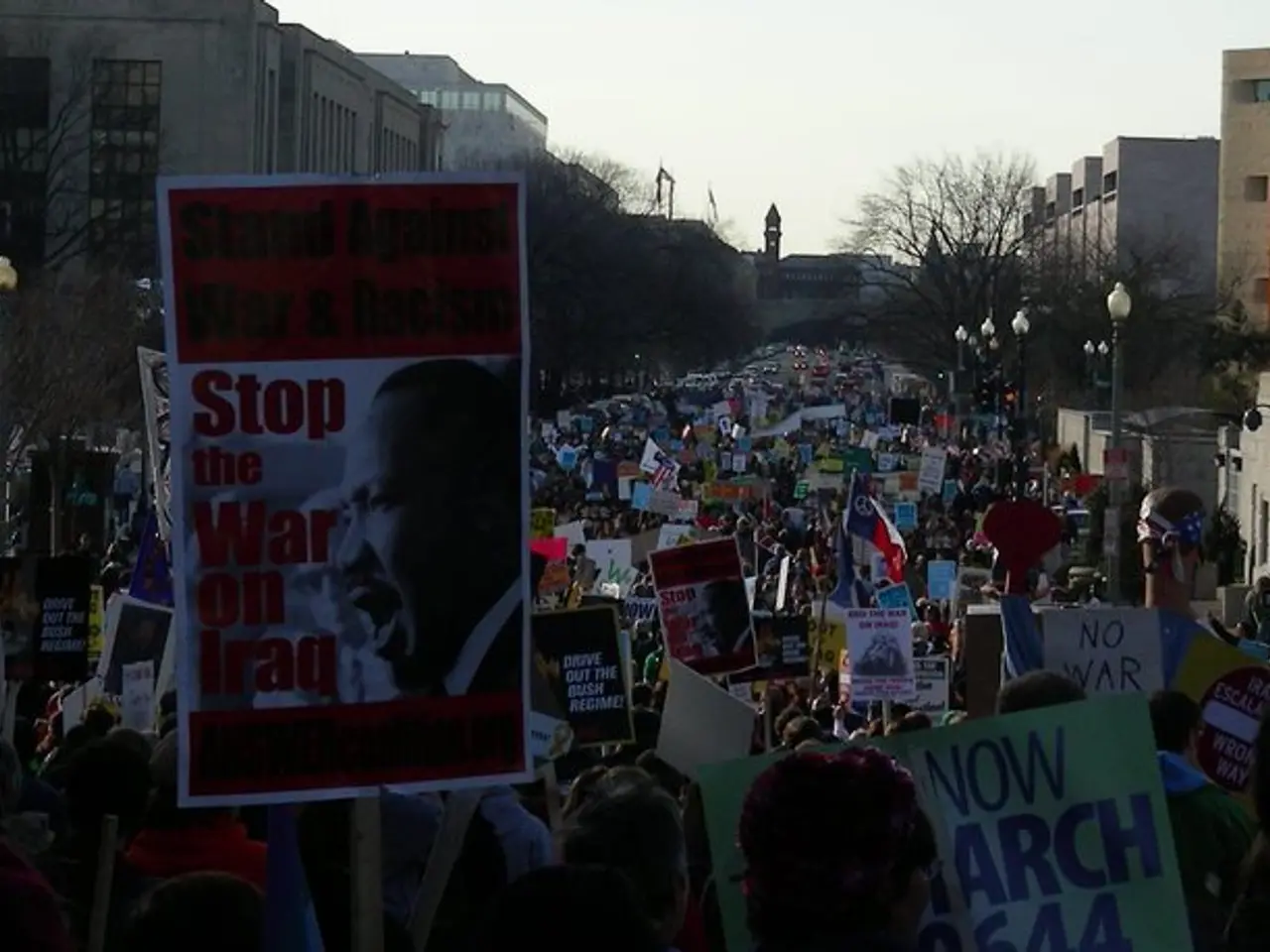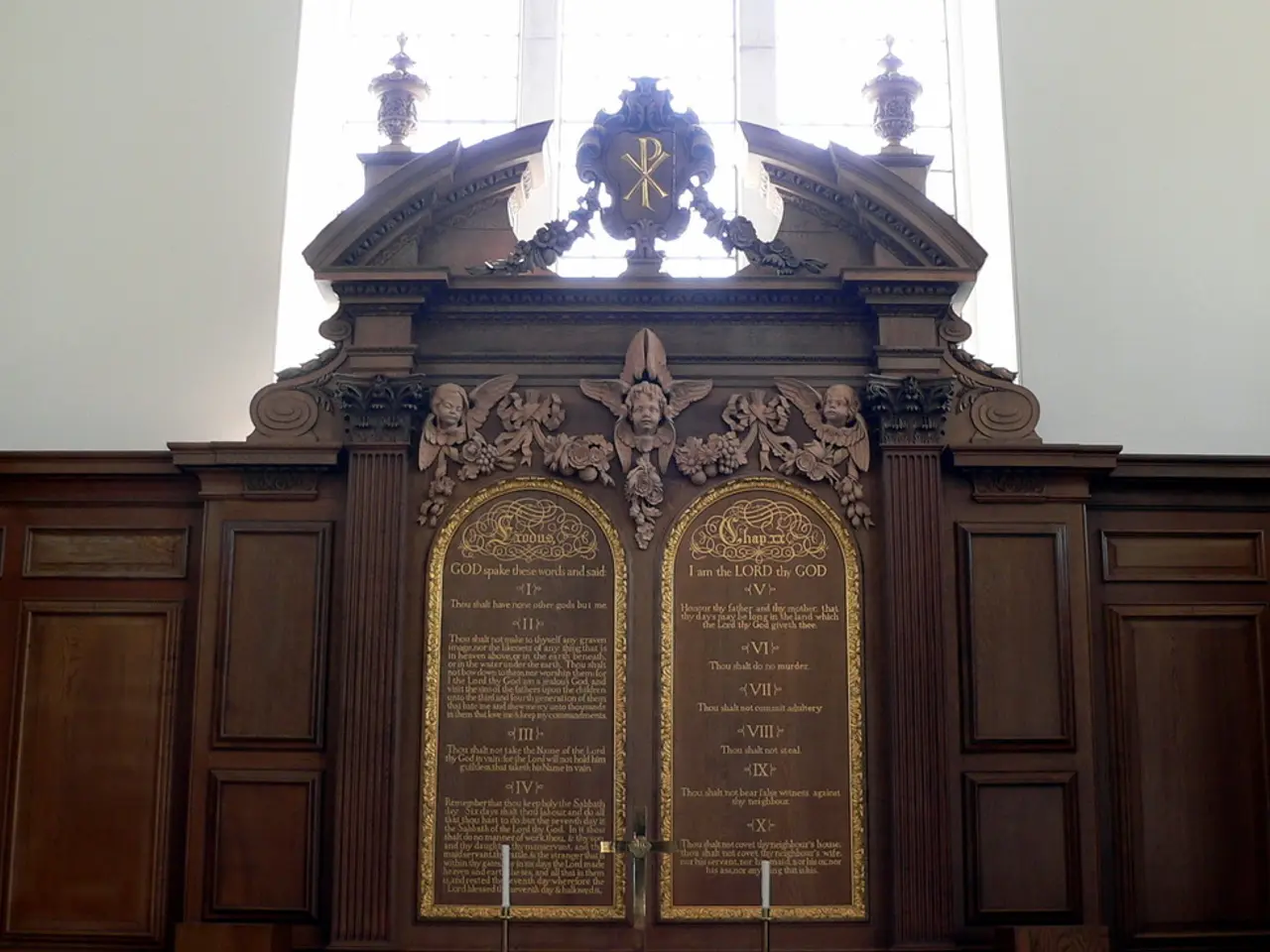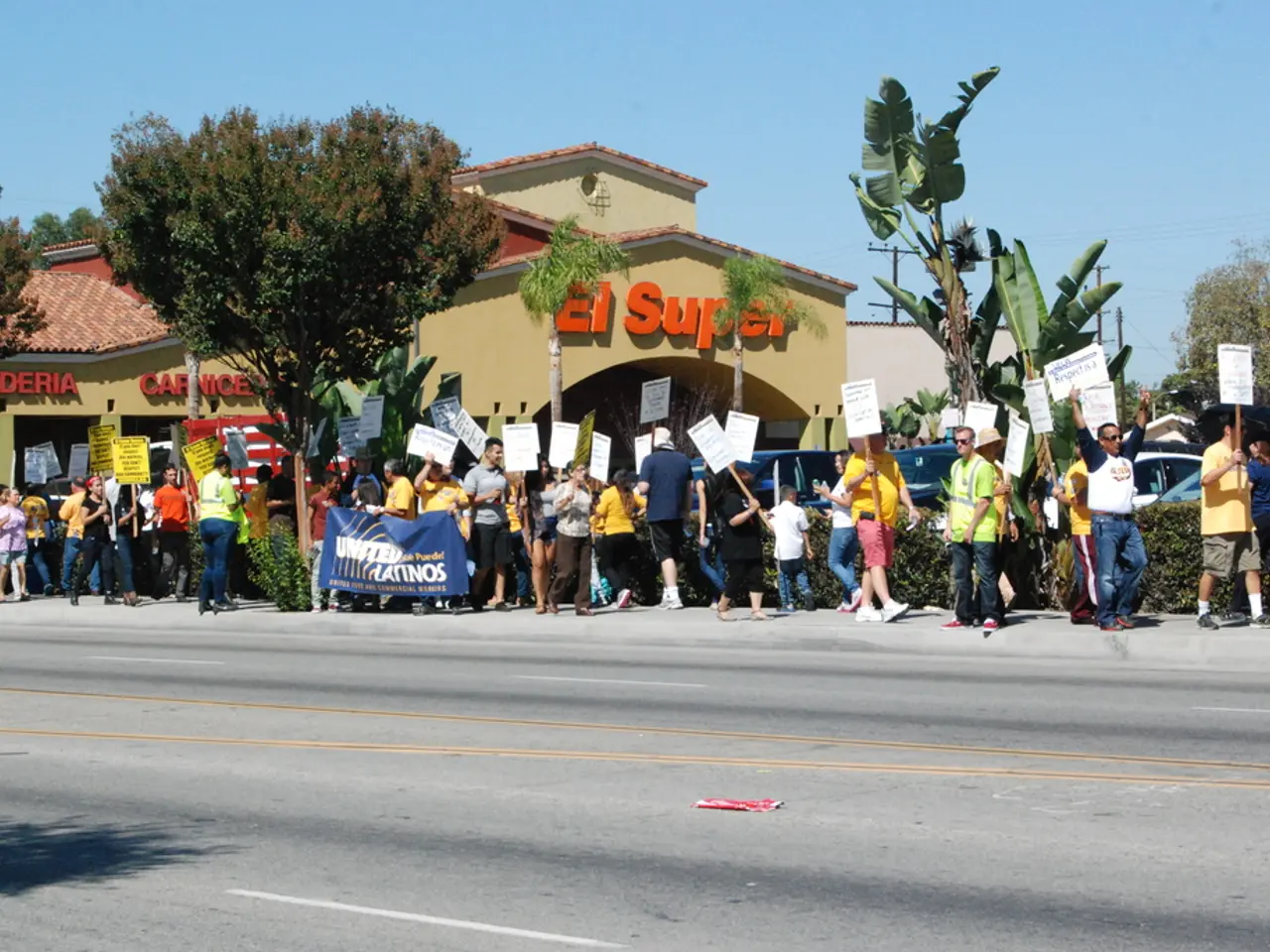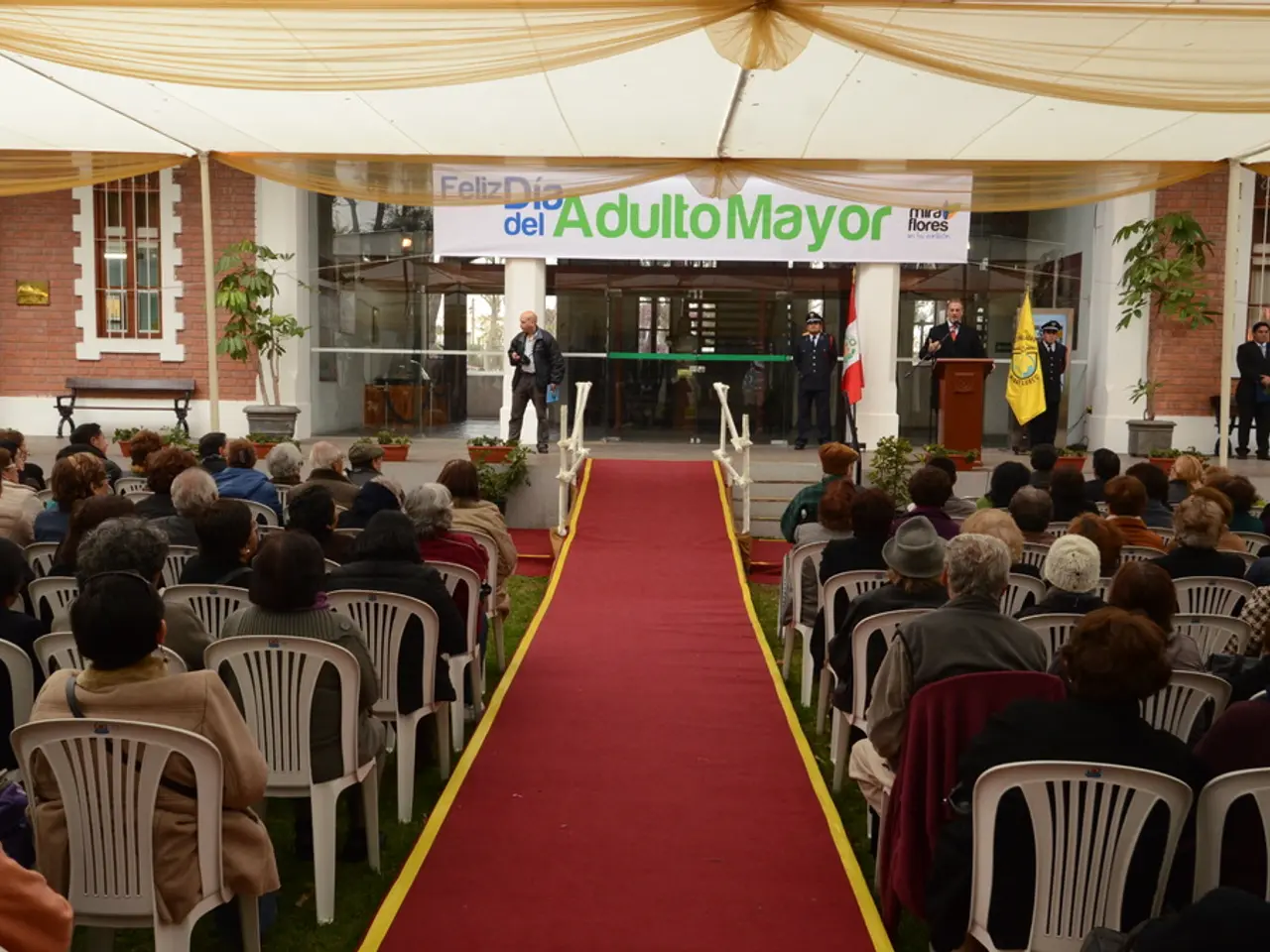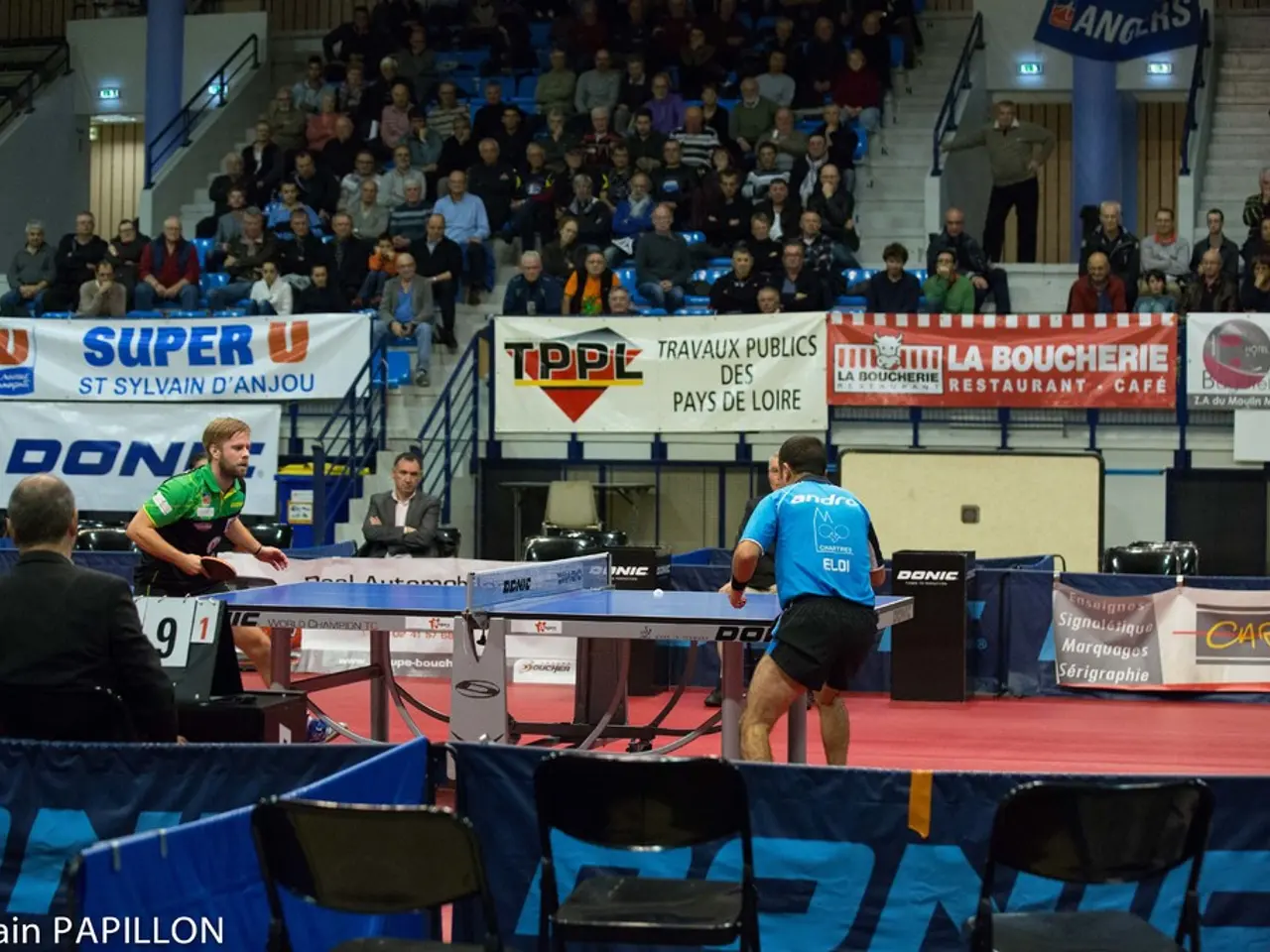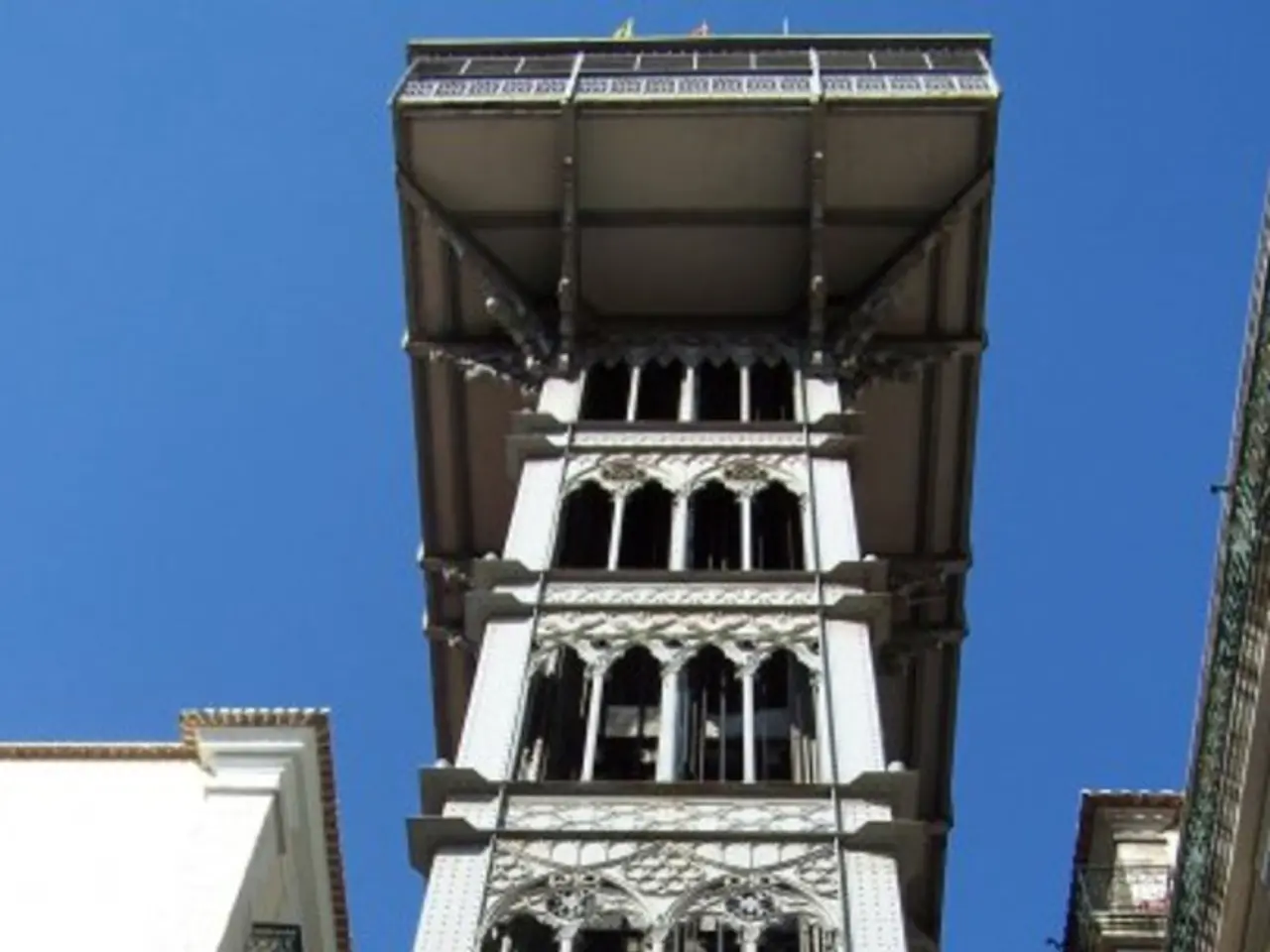Brazilians set fire to Trump effigies amidst public outcry due to tariffs
The United States and Brazil are embroiled in a complex political standoff, with multiple intertwined issues at play. This tension, which has been escalating since 2023, involves a trade dispute, diplomatic sanctions, and legal proceedings against former Brazilian President Jair Bolsonaro.
The current flashpoint is a tariff threat from the United States, with former President Donald Trump suggesting a 50% tariff on all Brazilian goods, effective from August 6, 2025. This move is partly seen as a political maneuver against Brazil’s current President Luiz Inácio Lula da Silva and his government's actions, such as restrictions on social media and policies perceived as authoritarian. Trump's administration also distrusts Lula's alignment with regimes in Cuba and Venezuela [1][2][3][4].
The tariff threat has prompted Brazil to activate its Economic Reciprocity Act, allowing it to impose retaliatory trade measures against the U.S. President Lula has publicly rejected Trump's allegations of Brazil undermining free elections and has called for continued negotiations while preparing defensive measures. The potential tariffs would have significant economic consequences, affecting key Brazilian exports such as coffee, orange juice, ethanol, oil, aerospace, and auto parts sectors, thereby impacting businesses on both sides [2][3].
The legal situation of Jair Bolsonaro further heightens political tensions. Bolsonaro is banned from running in the upcoming presidential election and currently faces trial for allegedly inciting an insurrection in Brazil’s capital. His supporters perceive U.S. actions as punitive for Brazil's democratic decisions under Lula and are likely to use the escalating tensions for political leverage domestically [1][3].
The tariff war and sanctions are not just about trade. The U.S. has revoked the visas of nine Brazilian Supreme Court justices, including Justice Alexandre de Moraes, who plays a key role in Bolsonaro's trial. Moraes has repeatedly taken aim at the Brazilian far-right and its figurehead Bolsonaro, as well as tech titan Elon Musk, over online disinformation. Trump has openly admitted he is punishing Brazil for prosecuting his political ally, ex-president Jair Bolsonaro, and his Treasury Department has sanctioned Supreme Court Justice Alexandre de Moraes in response [1].
Despite the travel ban and assets freeze, Justice Moraes has pledged to continue working. The demonstrations in support of Bolsonaro have been modestly attended, but they reflect broad anger at Trump's decision to impose tariffs and sanction a top judge. Anti-Trump protests have also been held in major Brazilian cities such as Brasilia, Sao Paulo, and Rio de Janeiro [1][3].
In a dramatic turn, a Brazilian general has given evidence that the alleged plotters also wanted to assassinate President Lula da Silva and several other public officials. Moraes has barred Bolsonaro from leaving his home at night or using social media pending an investigation into potential obstruction of justice. Moraes has also ordered Bolsonaro to wear an electronic ankle bracelet pending the conclusion of his trial [1].
Trump has called the trial of Bolsonaro a "witch hunt," while Moraes has vowed the court would remain uncompromising in defending national sovereignty and democracy. Secretary of State Marco Rubio has accused Moraes of serious human rights abuses [1].
This multifaceted conflict affects diplomatic relations, economic ties, and internal Brazilian politics, making it a significant global issue to watch.
- The escalating political tensions between the United States and Brazil extend beyond trade disputes, as policies related to human rights have become a contentious issue.
- War-and-conflicts and crime-and-justice are intertwined in this standoff, as former President Jair Bolsonaro faces trial for allegedly inciting an insurrection, which has been seen as a platform for his political supporters.
- The ongoing political standoff between the two nations is heavily influenced by politics, with each side using policy-and-legislation, such as tariffs and sanctions, as tools for political leverage in general-news debates.
